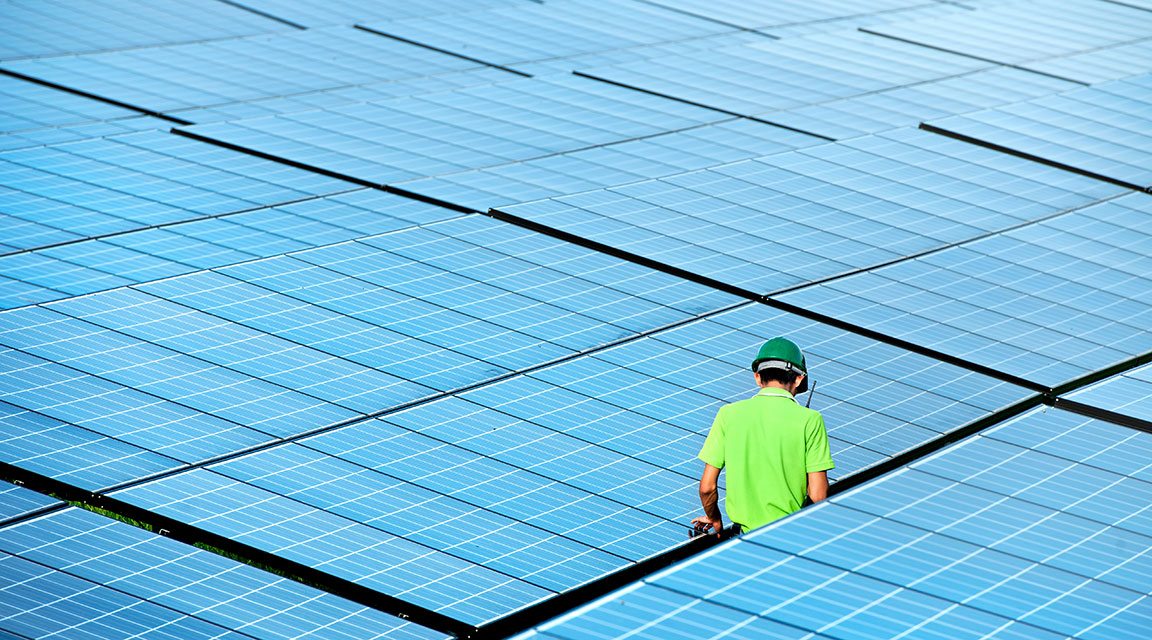

October saw yet another world record-breaking renewable energy bid tariff of 1.79 $cents a kilowatt hour for Saudi Arabia’s Sakaka independent power project (IPP). This follows the steady downward trend of tariff bid prices seen for Dubai’s renewable energy programme and shows continued competitive interest in renewables IPPs. But the question remains: for how much longer?
While it is not incumbent on procurers to award projects to the lowest bidders, many are now questioning whether the continued ‘race to the bottom’ in tariff pricing is sustainable. General market sentiment suggests it is not, particularly in light of the increasing cost of debt financing. The expected result is a possible shrinking pool of bidders, rendering those with the most favourable economies of scale to dominate the region’s renewables space.
In addition to record-low tariffs, procurers are benefiting from a shift in legal risk under the bid form project documents. A notable trend in recent renewables IPPs is the possible gap emerging in the revenue protection available to developers in circumstances where the offtaker does not actually take the power produced – a gap seemingly ‘overlooked’ in recent bid documents. This is particularly evident when contrasted with the conventional IPP model, where developers can rely on revenue for power ‘availability’, irrespective of whether power is dispatched.
| Lowest renewables tariffs | ||
| Project | Tariff ($c/kWh) | Bid approved |
| Sakaka IPP, Saudi Arabia (300MW) | 1.79 | Unawarded |
| Sweihan solar IPP, Abu Dhabi (1,077MW) | 2.4 | 2016 |
| MBR solar park phase 3, Dubai (800MW) | 3 | 2016 |
| MBR solar park phase 2 (200MW) | 5.85 | 2015 |
| Risha solar IPP, Jordan (61.3MW) | 5.88 | 2017 |
| Source: MEED | ||
As renewables schemes operate on a single ‘energy delivered’ tariff, the developer will only be paid for the power delivered to the offtaker. However, for this to occur, the offtaker must ‘take’ the generated power. As a result, the ability of the developer to generate revenue from the project is inextricably linked to the offtaker’s ability to take delivery of such power.
Accordingly, while most regional renewable energy IPP models provide ‘deemed energy’ payments (for example compensation for power generated but not delivered) in circumstances of uninsurable (political) force majeure, the gaps emerge if natural force majeure affects the offtaker. For example, under the most recent UAE renewable energy bid form documents, no revenue relief was available to the developer in these circumstances. The position was slightly improved in Sakaka, but only to provide partial revenue relief.
As the GCC leads the way in economic diversification away from hydrocarbons, the renewables IPP focus is an important and inspiring development, but at what legal risk? Record-low tariffs may not be the only discount; developers are reminded to ‘beware the small print’.
| Andrej Kormuth is a counsel, while Anna Newland is an associate at UK law firm Clifford Chance |
You might also like...

Red Sea Global awards Marina hotel infrastructure
18 April 2024

Aramco allows more time to revise MGS package bids
18 April 2024

Morocco tenders high-speed rail project
18 April 2024
A MEED Subscription...
Subscribe or upgrade your current MEED.com package to support your strategic planning with the MENA region’s best source of business information. Proceed to our online shop below to find out more about the features in each package.





